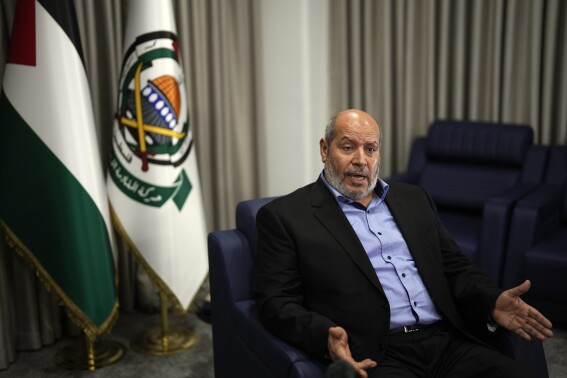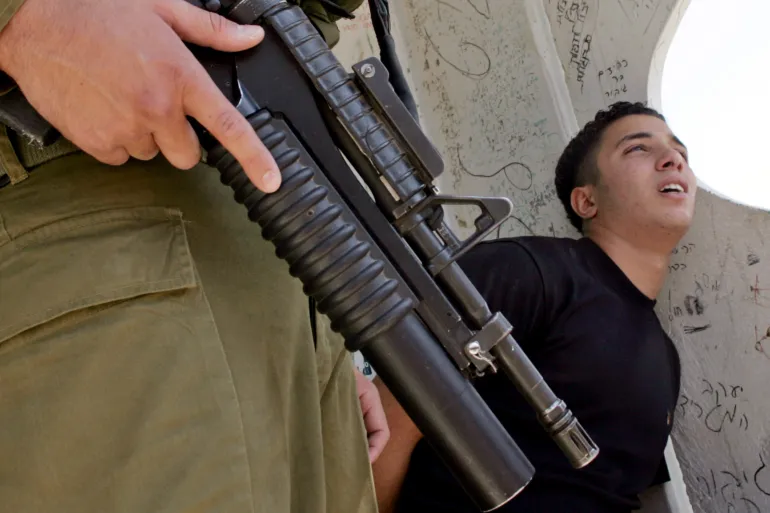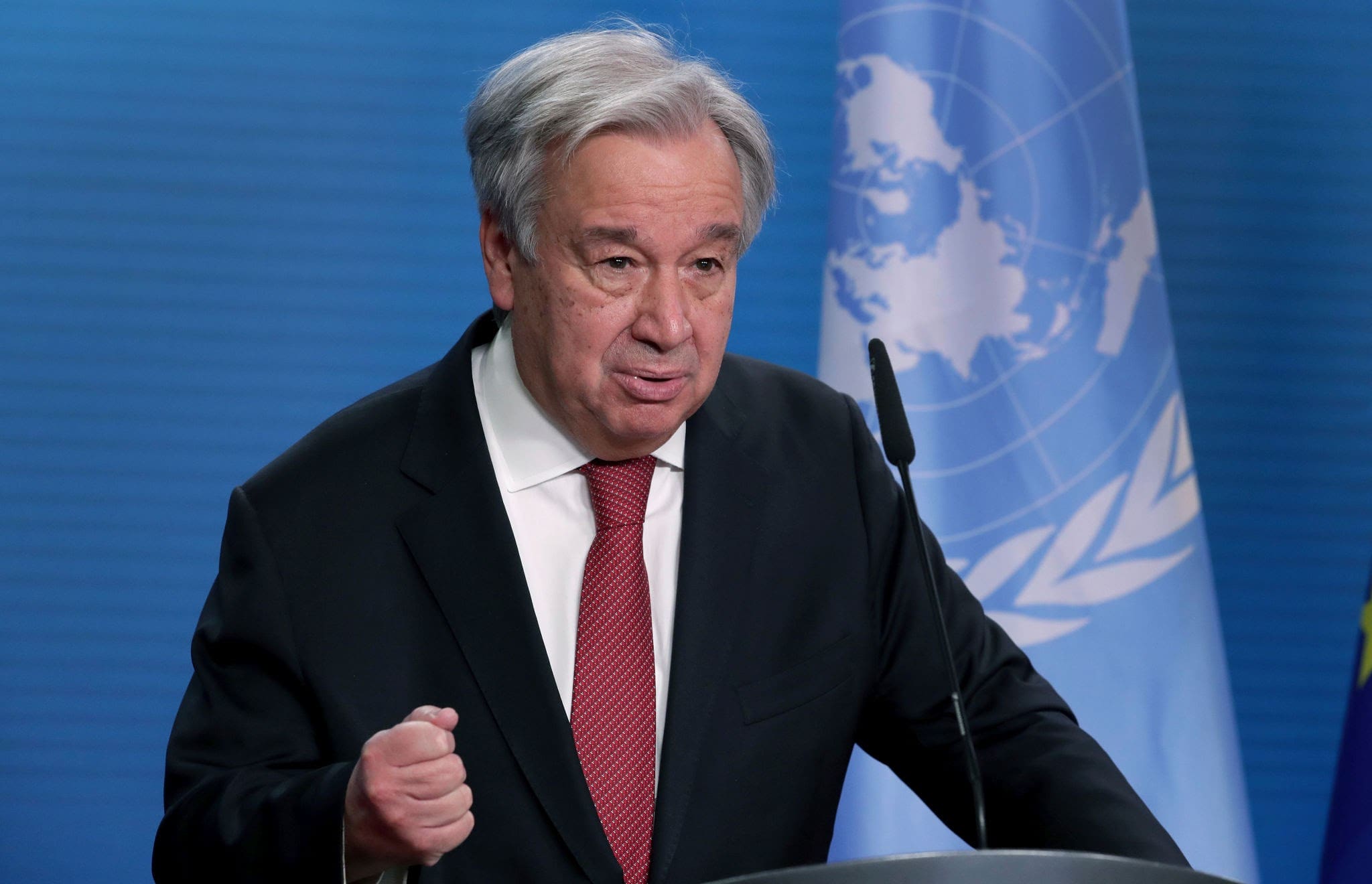The article from Al Jazeera discussing Israel’s attacks on UNIFIL in Lebanon makes several claims that need to be placed into context, considering the larger situation on the ground. Here are some key points to address:
- UNIFIL’s Role and Position: The United Nations Interim Force in Lebanon (UNIFIL) has been deployed in southern Lebanon since 1978, originally established to oversee Israeli withdrawal and to maintain peace along the border. While UNIFIL’s mission is to stabilize the area, its operations have not always been effective in curbing the aggressive activities of Hezbollah, a terrorist organization backed by Iran that operates extensively in southern Lebanon.
- Hezbollah’s Actions and Provocations: Hezbollah has a long history of using civilian areas, including positions close to UNIFIL facilities, as cover for its military operations against Israel. It frequently launches rockets and stages attacks from locations that are intentionally near UNIFIL’s posts to exploit the international community’s sensitivity to peacekeeper safety. This tactic puts UN peacekeepers in danger and manipulates the narrative when there is any retaliatory action by Israel.
- Historical Context of Israeli Self-Defense: Israel’s responses in southern Lebanon, including any engagements near UNIFIL positions, must be viewed in the context of self-defense against Hezbollah’s provocations. Since October 8, 2023, Hezbollah has been actively attacking Israeli civilians in the north, opening a front that complicates the already volatile security situation for Israel. Hezbollah’s aggressive actions, including launching rockets and cross-border attacks, have forced Israel to respond to defend its citizens.
- UNIFIL and Hezbollah’s Exploitation: It is crucial to note that Hezbollah has repeatedly undermined UNIFIL’s efforts to maintain peace. There have been numerous incidents where UNIFIL has been unable to prevent or control Hezbollah’s illegal armament buildup and its militant activities, effectively turning the region into a staging ground for attacks against Israel. Hezbollah’s presence near UNIFIL facilities endangers both peacekeepers and civilians.
- Legal and Operational Context: International law and UN Security Council Resolution 1701, which ended the 2006 Lebanon War, explicitly call for the disarmament of all militias in Lebanon, including Hezbollah. However, this has not been enforced adequately. While deliberate attacks on UN peacekeepers are considered war crimes under the Rome Statute, it is also important to investigate whether Hezbollah’s actions in the area put peacekeepers at risk intentionally to manipulate international perception.
- Israel’s Right to Self-Defense: The claims in the article overlook Israel’s right to self-defense under Article 51 of the UN Charter, especially in the face of threats from groups like Hezbollah that openly call for Israel’s destruction and have a proven track record of terrorist attacks. The Hamas Charter, for instance, explicitly calls for the annihilation of Israel through armed struggle and jihad. Hezbollah shares a similar ideological stance and commitment to violent actions against Israel.
- Distorted Reporting: Al Jazeera’s narrative often lacks balance by focusing solely on Israeli actions while downplaying or ignoring the provocations and violations committed by terrorist groups like Hezbollah. The network’s reporting can be seen as biased, aiming to frame Israel as the aggressor without adequately addressing the context of Hezbollah’s role in escalating the conflict.
The reality is that Israel is engaged in a complex multi-front conflict involving terrorist organizations like Hamas in Gaza, Hezbollah in Lebanon, and other Iranian-backed groups operating in the region. Each of these groups poses a significant threat to Israeli civilians, and Israel’s military actions are often necessary responses to defend its sovereignty and protect its citizens.






